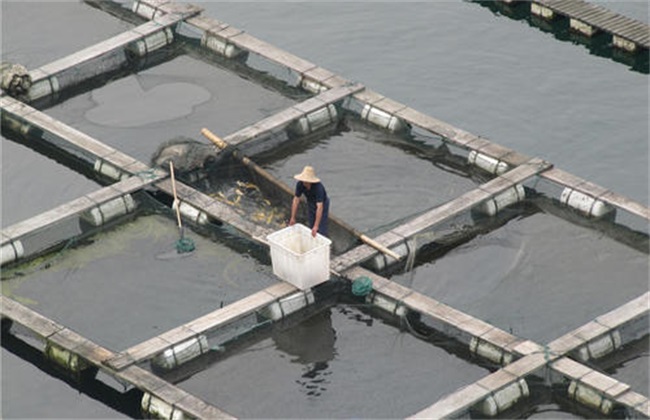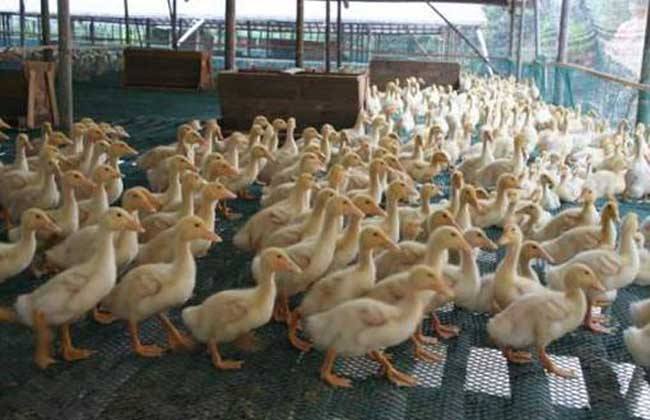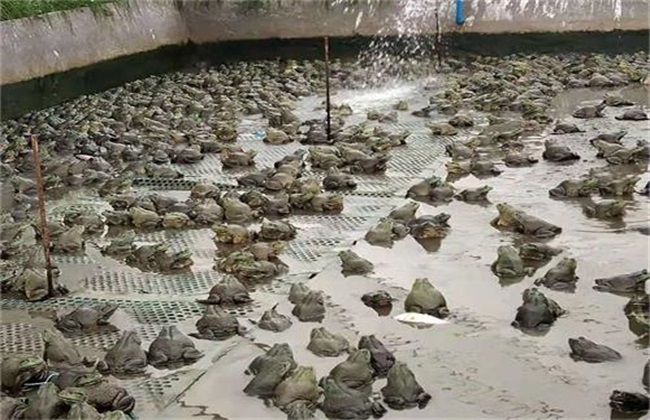Why do fish ponds lack oxygen?
Oxygen control is a key thing when raising fish, because if you are not careful, it may cause the mass death of fish. So why is there lack of oxygen? What are the reasons that lead to hypoxia? Let's learn and learn so that we can avoid this risk.

1. High temperature
In fact, high temperature will also lead to lack of oxygen in the pond. When the temperature is high, the oxygen in the air is not easy to blend into the water, while the fish will increase the oxygen consumption because of the high temperature. At this time, on the one hand, it is best to deepen the depth of the pond, on the other hand, we can use an oxygen-increasing machine, and then speed up the frequency of water exchange, so that a continuous supply of live water can increase the oxygen content of the pond.
2. High culture density
Culture density is also one of the causes of hypoxia. Some farmers will excessively pursue culture density in order to maximize farming benefits. In this way, the breeding quantity has gone up, but the oxygen consumption has also gone up. It is natural that enough oxygen is not enough. In addition, if the density is too high, the fish will be more active for a long time, and the oxygen consumption of a single fish will also increase, so controlling the density is also a key thing.
3. The silt at the bottom of the pool is too deep.
There are many oxidizable substances in the sludge of the pond, which consume more oxygen than the fish. The more the sludge, the more oxygen the fish can use. Finally, the fish are deprived of oxygen. If you look at some fish ponds, you will find that the mud at the bottom of fish ponds that often need to be aerated is generally thicker. Many people think that clearing silt is only to remove germs from the bottom of the pool, in fact, it is also to reduce the consumption of oxygen in the water.
4. Microorganisms multiply in large numbers
The longer a pond is unmanaged, the more microbes it will have. don't underestimate these microbes, which require a very high amount of oxygen and can greatly affect the oxygen concentration of the pond. Regular sterilization and change of water in the pond also means to clean up microbes, because these microbes are very likely to infect schools of fish. Daily aquaculture fish ponds had better change water and sterilize regularly, which can significantly reduce the lack of oxygen in fish ponds.
The management of a fish pond is multifaceted, and the lack of oxygen in the newly built pond is less because it has not happened yet. Older ponds are more likely to suffer from hypoxia if they are often used. We must start from all aspects to reduce such hypoxia.
Related
- On the eggshell is a badge full of pride. British Poultry Egg Market and Consumer observation
- British study: 72% of Britons are willing to buy native eggs raised by insects
- Guidelines for friendly egg production revised the increase of space in chicken sheds can not be forced to change feathers and lay eggs.
- Risk of delay in customs clearance Australia suspends lobster exports to China
- Pig semen-the Vector of virus Transmission (4)
- Pig semen-the Vector of virus Transmission (3)
- Five common causes of difficult control of classical swine fever in clinic and their countermeasures
- Foot-and-mouth disease is the most effective way to prevent it!
- PED is the number one killer of piglets and has to be guarded against in autumn and winter.
- What is "yellow fat pig"? Have you ever heard the pig collector talk about "yellow fat pig"?



